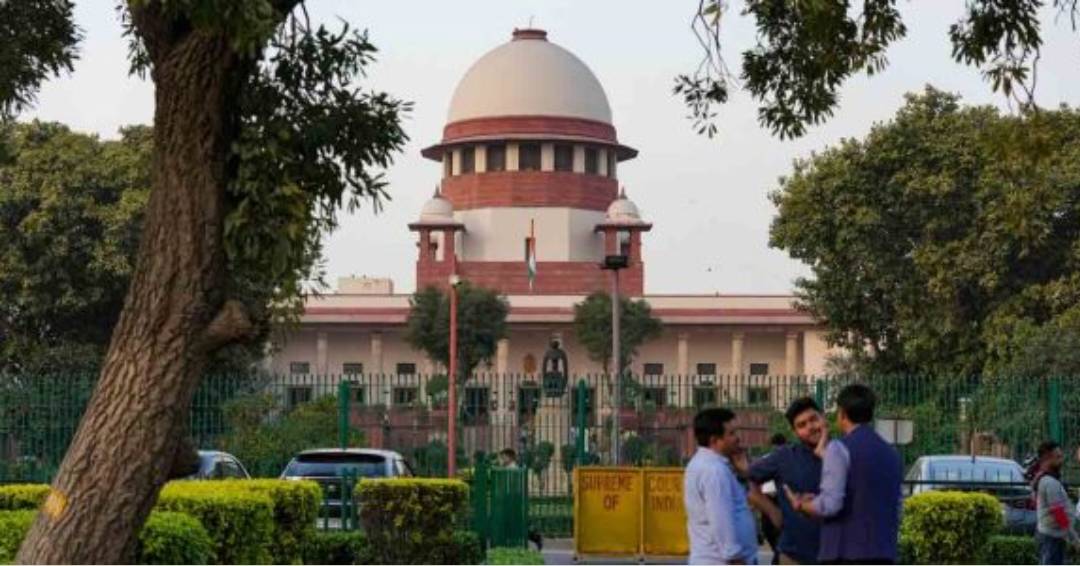
The Supreme Court, in a significant ruling on Friday, affirmed the rights of children born from invalid marriages to claim a share of their parents’ property as prescribed by the Hindu Succession law.
Under Hindu law, individuals in void marriages are not considered husband and wife, but they obtain such status in voidable marriages. Notably, a void marriage doesn’t require a decree of nullity for annulment, whereas a voidable marriage does necessitate such a decree.
This pivotal judgment emerged from a 2011 case addressing the complex issue of whether non-marital children were entitled to inherit ancestral property under Hindu laws. The bench, led by Chief Justice D Y Chandrachud, laid down key conclusions, stating, “A child of a marriage which is null and void is statutorily conferred with legitimacy. In terms of 16(2) of the Hindu Marriage Act, where a voidable marriage is annulled, a child begotten before the decree is deemed to be legitimate.” The judgment also emphasized equal rights for daughters.
Additionally, the Supreme Court addressed whether the share of such children is limited solely to their parents’ self-acquired property under Section 16(3) of the Hindu Marriage Act. These critical questions were referred to a larger bench by a two-judge bench of the apex court on March 31, 2011.
After delivering the judgment, Chief Justice DY Chandrachud explained an illustrative scenario he had used during the hearing. In this scenario, he illustrated the distribution of property among family members in the case of a deceased brother with a widow, a daughter from a valid marriage, and a son from an invalid marriage. The judgment clarified that the son from the invalid marriage cannot claim a share in the deceased’s 1/4th share of the coparcenary property, as it would conflict with Section 16(3) of the Hindu Marriage Act.

Post Your Comments